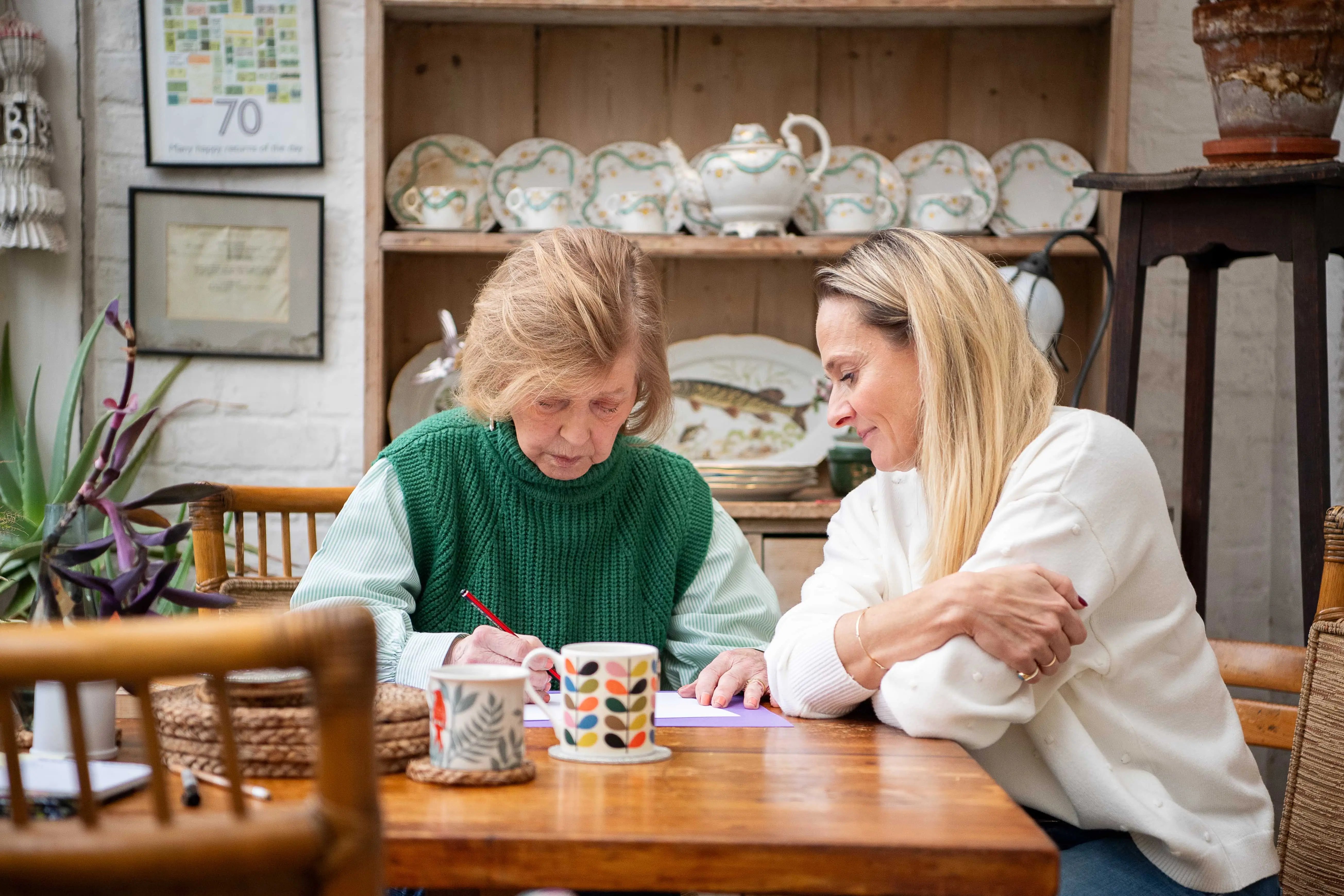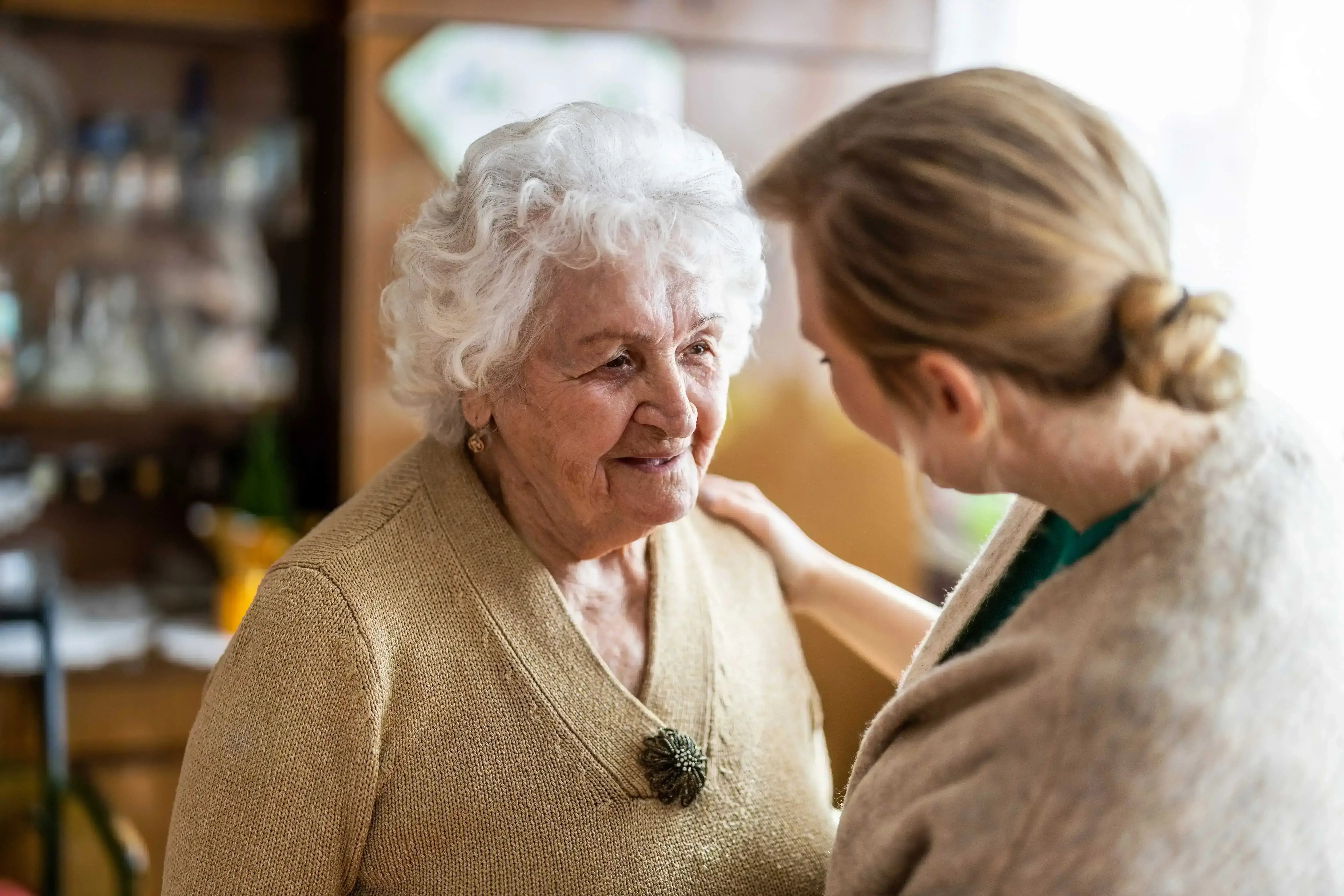Social service professionals
- Resident care coordinator
- Agency care workers
- Community mental health teams
- Memory care coordinator
- Nursing assistant
- Transition to residential care teams
In the realm of social services, addressing the mental health and emotional needs of older adults, especially those with dementia, presents unique challenges. Drawing and Talking provides a specialised approach, equipping both care coordinators and social service professionals with tools to support and improve the quality of life for this demographic.
The challenges in social services
- Growing elderly population: With increasing longevity, social services are under pressure to manage complex health and mental wellness issues in older adults.
- Escalating mental health concerns: Older adults often do not receive timely mental health intervention, leading to compounded mental health issues, alongside physical ailments.
- Limited professional support: There is a critical shortage of professionals trained to address the specific mental health needs of the elderly, particularly those with dementia.
Our solution: Training and emotional connection
- Comprehensive training: Our programme equips social service professionals, care coordinators, and community workers with effective, easy-to-learn methods to engage with older adults.
- Fostering emotional bonds: The core of our training emphasises the creation of emotional connections, crucial for mental wellbeing and a sense of belonging in older adults.
-
Dementia-specific approach: Drawing and Talking is uniquely suited to individuals with dementia, as it focuses on emotional processing through the limbic system, rather than cognitive recall.
Implementing Drawing and Talking
- Adaptability to individual needs: Drawing and Talking is tailored to cater to the diverse stages and experiences of dementia among older adults, ensuring personalised care.
- Bypassing cognitive challenges: The method is effective for those with memory impairments, as it does not rely on short-term memory, but rather on deeper emotional processing.
- Engaging the limbic system: Since the limbic system remains functional in dementia patients, Drawing and Talking continues to be an effective tool for emotional expression.
Benefits for Social Services
- One-to-one and group sessions: The program offers both individual and group sessions, suitable for various settings in social services.
- Enhancing emotional wellbeing: By focusing on emotional connections and processing, Drawing and Talking significantly improves the emotional health and quality of life of older adults.
- Cost-effective and accessible: The training is designed to be both affordable and accessible, making it a viable option for a wide range of social service settings.
Other sectors
Care Homes
- Care home manager
- Dementia leads and assistants
- Wellbeing coordinator
- Activities coordinator
- Care coordinator
- Recreational therapist
- Support assistants
Social Services
- Resident care coordinator
- Agency care workers
- Community mental health teams
- Memory care coordinator
- Nursing assistant
- Transition to residential care teams
NHS & Health Care
- Community nurses
- Geriatric nurse
- Dementia care specialist
- Behavioural specialist
- Counsellors and therapists
- Occupational therapist
- Speech-Language therapist
Courses tailored for you
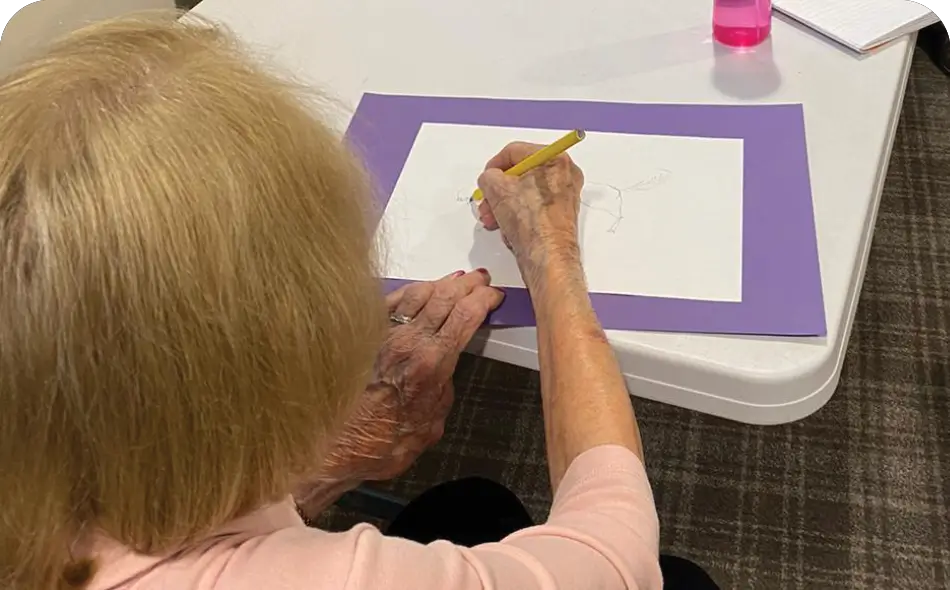
Foundation to Drawing and Talking for Older Adults
This one-day programme equips participants to deliver 1-to-1 Drawing and Talking sessions, focusing specifically on older adults.
1 day (9.00am to 3.30pm)
£299 + VAT (per delegate)
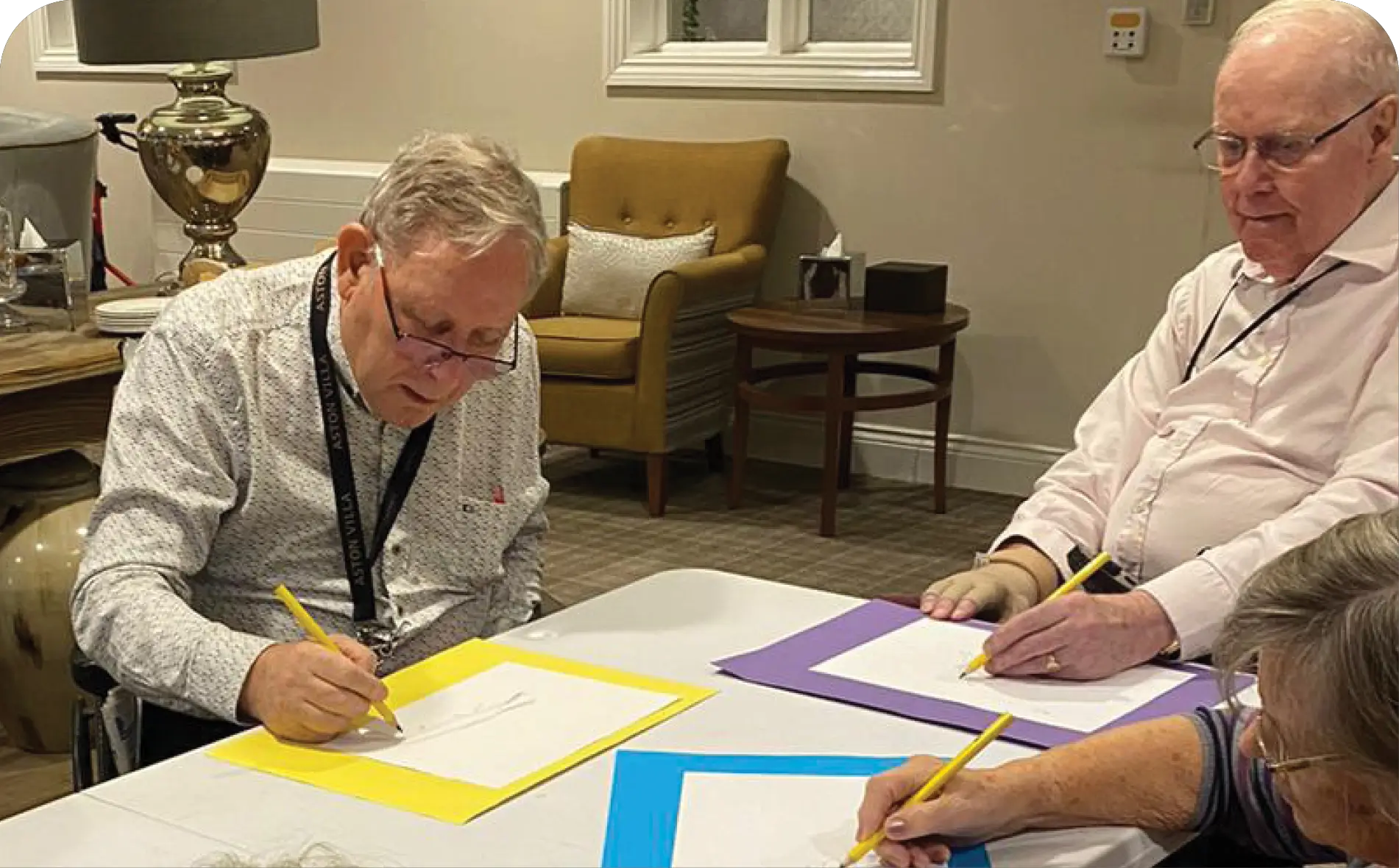
Advanced Group Work for Older Adults
1 day (9.00am to 3.30pm)
£325 + VAT (per delegate)
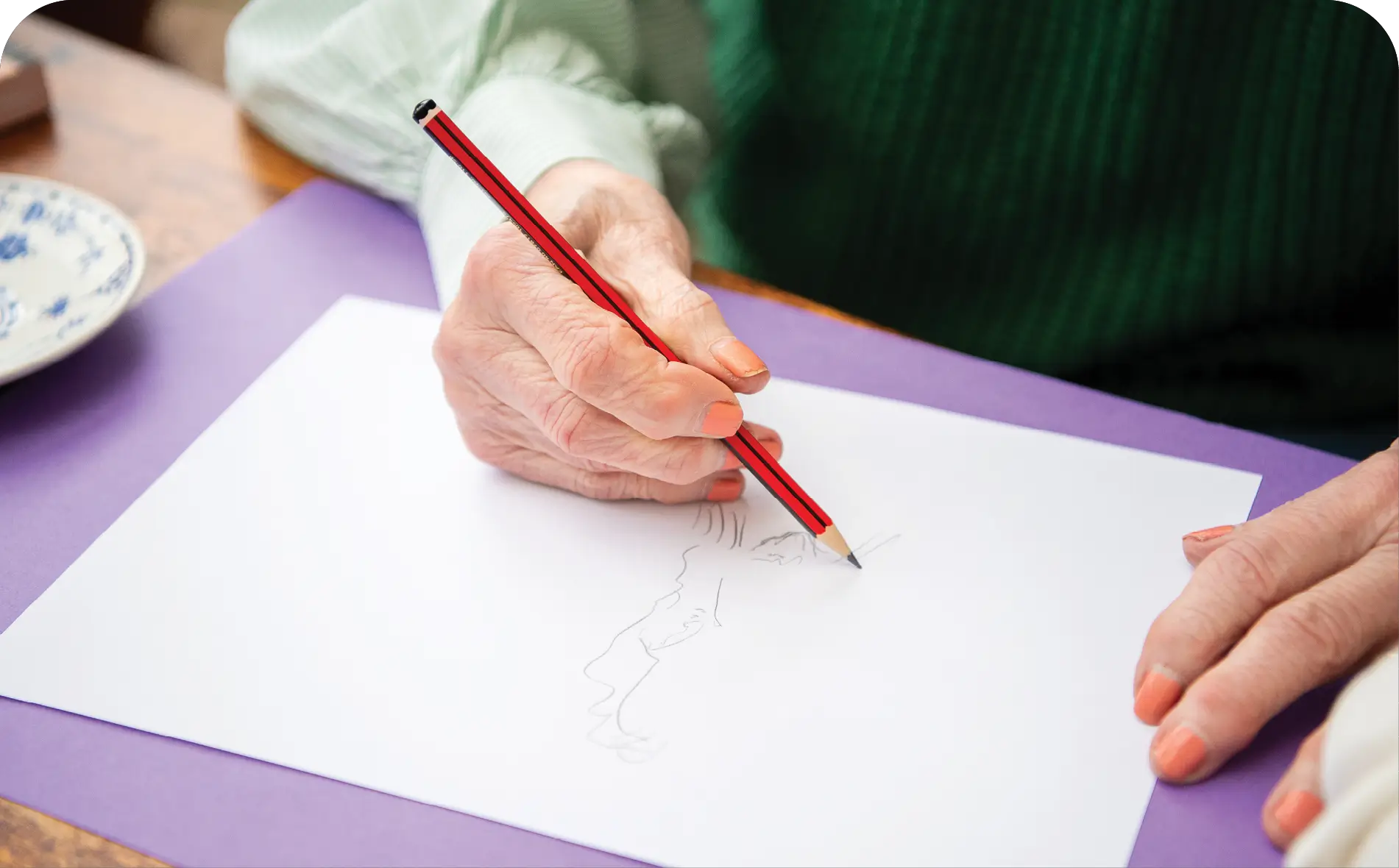
Review Your Drawing and Talking Practices
Following the training you will have up-to-date knowledge of risks to adults, safeguarding trends and safeguarding adults procedures.
Following the training you will have up-to-date knowledge working with older adults and topics such as dementia.
2 hours
£80 + VAT (per delegate)

